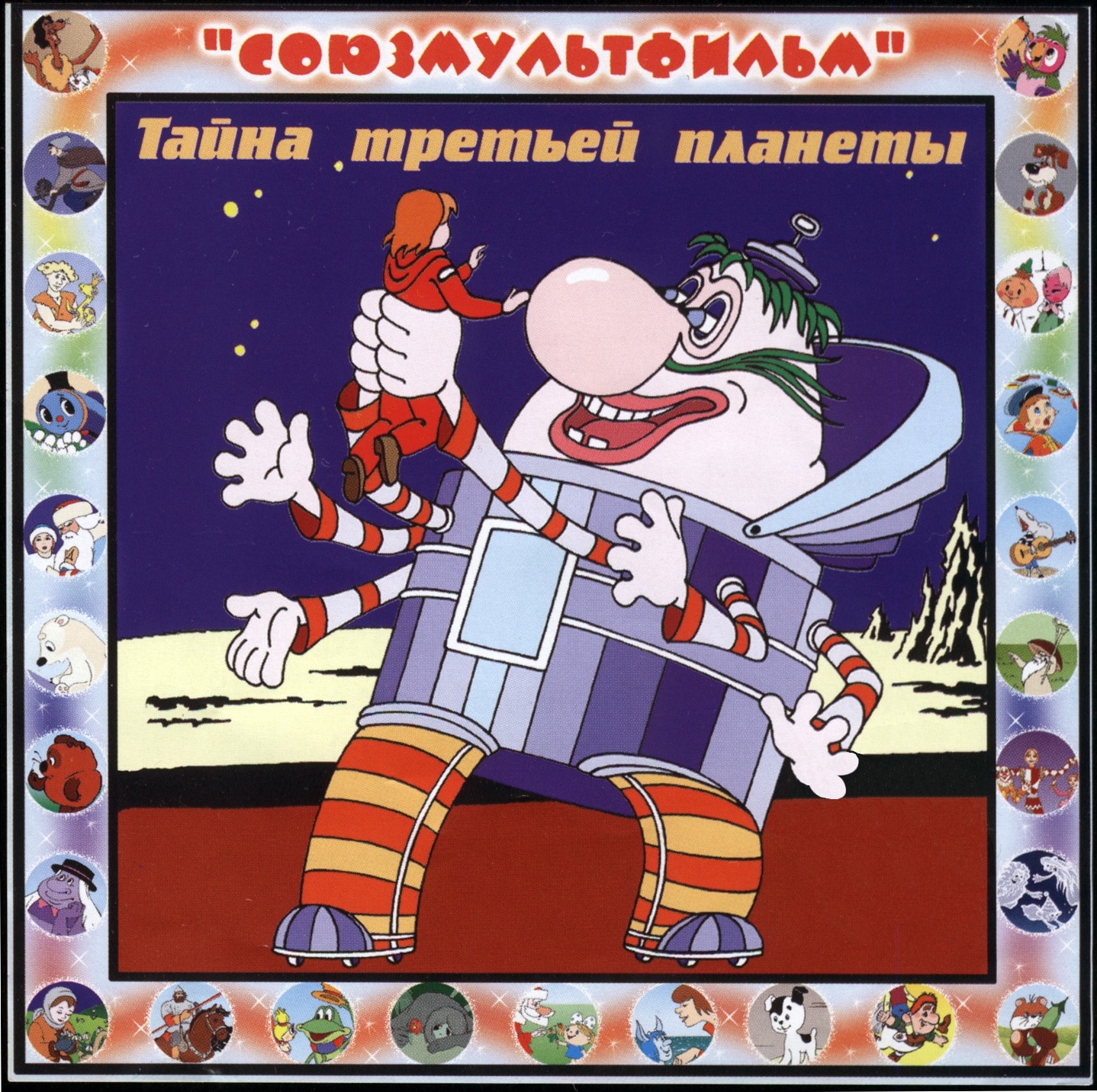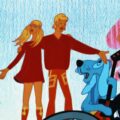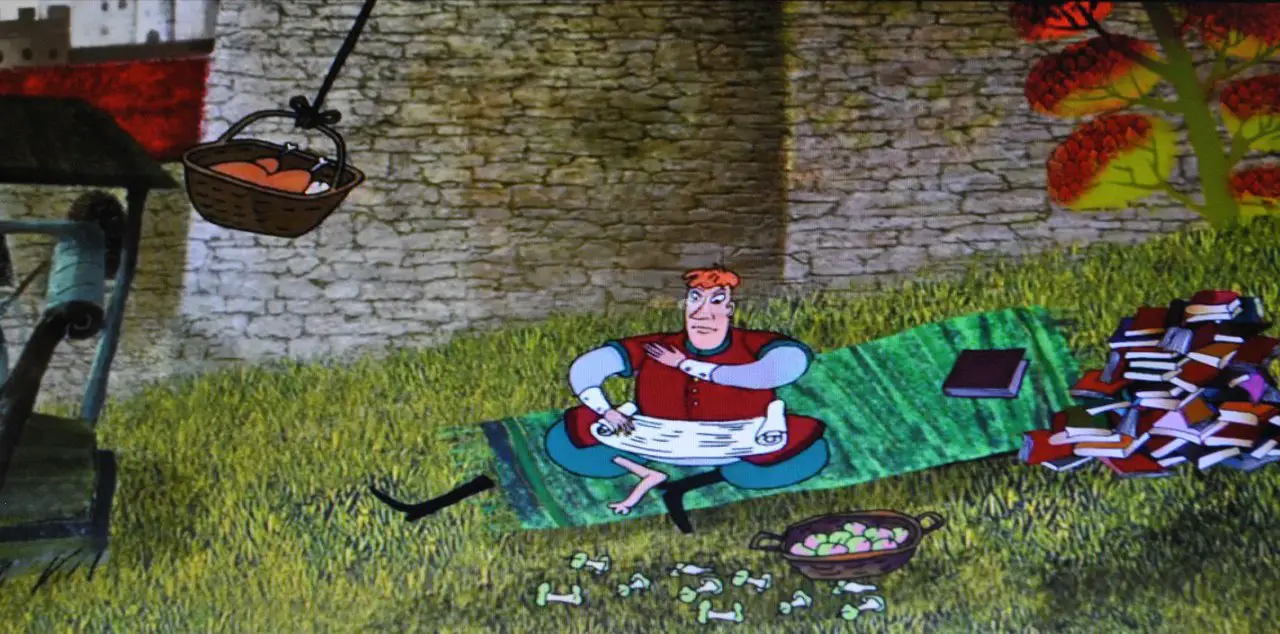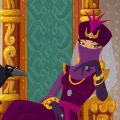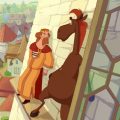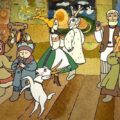Mystery of the Third Planet (Тайна третьей планеты) is a 1981 animated Soviet feature film based on the children’s sci-fi novella Alice’s Travel by Kir Bulychov (Кир Булычёв), from the Alice (Алиса) book series.
The year is 2181, and Alice Selzynova (Алиса Селезнёва), along with her father Professor Selznyov (профессор Селезнёв) and their trusty compadre Captain Green (капитан Зелёный), embark on an epic journey to gather rare space animals for the Moscow Zoo. They find themselves unexpectedly entangled in the world of intergalactic espionage with the mysterious disappearance of Captains Kim and Buran (капитаны Ким и Буран), as well as the extinction of speak birds, who only speak the truth and mimic everything they’ve ever seen or heard.
The film’s charm lies in its bizarrely beautiful and highly imaginative alien worlds, complete with surreal backgrounds and an electronic space-funk soundtrack, as well as a healthy dose of indulgent animation — Alice, for example, continuously pulls back her hair, while her father habitually fixes his glasses. Also featured is a comical alien creature named Gromozeka (Громозека) with six independently animated arms.
Directed by Roman Kachanov (Роман Качанов), who also directed the beloved Cheburashka film, of the Soyuzmultfilm (Союзмультфильм) Production Studio, Mystery of the Third Planet is considered a cult classic in Russia. It was even released twice in America: once, in 1987, in an adaptation which deviated largely from the original Russian; and again, with a more accurate translation, in 1990. The film received the USSR State Award in Art in 1982.
Chronologically, Mystery of the Third Planet precedes Guests From the Future, another Soviet futuristic film.
The full film in Russian:


